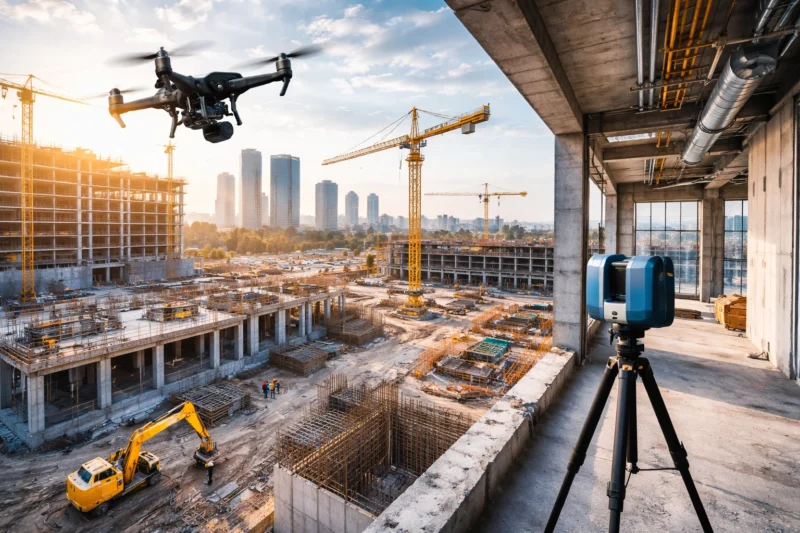U.S. and China Trade War, and Why Experts Disagree on its Impact
The ongoing trade war between the United States and China continues to make an impact on businesses even beyond the two nations’ borders.
U.S. Trade Representative Robert Lighthizer and Treasury Secretary Steven Mnuchin are currently meeting with Chinese diplomats in Shanghai to find a resolution. Until an agreement is reached though, businesses and consumers will continue to deal with the uncertainty.
“I don’t think there’s much optimism, or I’m pretty sure there is no optimism, that this round of talks is going to get very far,” Southern Methodist University Associate Professor of Economics James Lake said.
The nations announced a deal was imminent just months ago, but both sides have tempered expectations since the breakdown of the last round of talks. With no resolution in plain view, Lake says businesses reliant on Chinese imports or exports can hunker down and wait for the results of the 2020 U.S. presidential election, or make a significant shift away from China to mitigate any further tariffs.
“Given the uncertainty about the trade war happening in China and also the Chinese market perhaps not being as attractive as it has in the recent past in terms of labor cost, now could be the time to potentially think about moving the supply chain out of China to somewhere else,” Lake said.
The solutions to this uncertainty in the meantime depends on individuals’ circumstances and businesses are approaching this differently, according to Phil Levy, Chief Economist at Flexport, a San Francisco-based digital freight forwarder.
“You see companies sort of able to shift in some cases to products which have not yet been hit by tariffs. You also see companies to some extent rework their supply chain to avoid these tariffs, which for the most part have applied to direct trade between China and the United States, so we see some preliminary evidence of both,” Levy said. “We also see that companies are simply paying a lot of money in tariffs.”
Only time will tell how the trade war comes to a ceasefire, but for businesses that need to make investments presently, their futures will be defined by their decisions today.
For the latest news, videos, and podcasts in the AEC Industry, be sure to subscribe to our industry publication.
Follow us on social media for the latest updates in B2B!
Twitter – @AECMKSL
Facebook – facebook.com/marketscale
LinkedIn – linkedin.com/company/marketscale









